What do you have to Disclose when Selling your Property
What do you have to Disclose when Selling your Property
In Minnesota real estate transactions, when you sell your property you must disclose all material facts that could adversely and significantly affect an ordinary buyer’s use and enjoyment of the property. This process doesn’t have to be the brain twist you might think. First of all, there is the Property Disclosure Form that lays out most of the relevant questions buyers would be concerned about. Second, if you are aware of other issues that you feel might be a concern for the new buyers you should ask the realtor who will be selling your home. For example, many people move because they don’t get along with their neighbors. This is not an item that needs to be disclosed. Also, items of public record usually don’t need to be disclosed.
Many people ask about deaths in a property, if those should be disclosed. Generally, deaths and suicides do not need to be disclosed. Murders on the other hand do need to be disclosed. Paranormal activity also does not need to be disclosed.
That being said, some buyers do not wish to purchase a home where there has been a death. One way to check on some of the items that you may be concerned about but do not have to be disclosed is by going to the city where the property is located and run a police report against that address. You can also have the city pull the property file with all the permits, surveys, etc. By making this one trip you will find out all kinds of information on the property that will calm your fears. Obviously this information only goes back so far so if you are buying a very old home you will need to be aware of that. Many buyers also Google the address, or check on the sellers social media pages.
Sometimes when purchasing a home in Minnesota you will find that the sellers have not filled out a Property Disclosure Form but instead have provided a Disclosures Alternative form. This form is often provided where the seller does not have information on what has happened in a property because they have not lived there. Often this occurs when the seller is an estate, a landlord or possibly a bank with a foreclosure property. The Disclosure Alternative Form allows the buyer and seller of Minnesota real estate to waive the Property Disclosure Form by mutual agreement. If you as a buyer decide to buy a property using this form, you may have not recourse should you encounter an issue after purchase. So understand prior to purchasing which forms and agreements in those forms allow you to take action should you find an issue after purchase that you feel should have been disclosed to you. Realtors who are aware of any issue with the property that should be disclosed must disclose those issues whether the seller does or does not.
My advice to sellers is to disclose anything they believe is an issue. By over disclosing you are less likely to have a buyer come back at you about an issue they feel they should have been told about.
If you are thinking of selling your home, contact Realtor Dan Kokesh for a professional market analysis and seller’s consultation to learn how to get top-dollar for your home.






